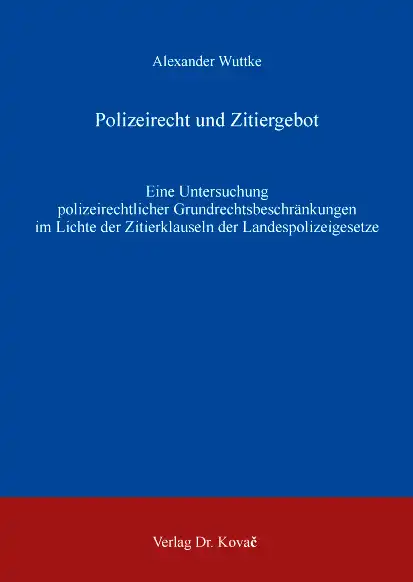Carsten GrögerBesteuerung grenzüberschreitender digitaler Geschäftsmodelle in der Automobilindustrie
Eine Analyse im geltenden deutschen Ertragsteuerrecht und Abkommensrecht sowie nach den Reformvorschlägen der OECD und UN
Steuerrecht in Forschung und Praxis, volume 178
Hamburg 2023, 502 pages
ISBN 978-3-339-13494-3 (print)
ISBN 978-3-339-13495-0 (eBook)
About this book deutschenglish
Digitization represents a technical and economic paradigm shift that is having a fundamental impact on the automotive industry as an important representative of the traditional economy. In this industry, digitization is leading on the one hand to incremental business model innovations, e.g., connected car. On the other hand, radical business model innovations such as ride-hailing can also be observed.
In recent years, an intensive discourse has emerged dealing with the taxation of digital business models. The criticism levelled at the taxation principles from the 20th century is that companies with digital business models do not contribute adequately to the tax revenue of the countries in which value is created. At the international level, this criticism is being countered by two reform proposals. These are the Unified Approach as a multilateral initiative of the OECD and the withholding tax on automated digital services according to Article 12B of the UN Model Tax Convention as a bilateral approach.
This interdisciplinary work systematically examines the extent to which typical digital business models in the automotive industry are taxed at the place of value creation. The starting point is an in-depth analysis of the business models connected car, station-independent car sharing and ride hailing. The underlying business model patterns are identified, and representative value chains are modelled. Subsequently, the taxation at the place of value creation is defined as assessment standard. On this basis, the tax treatment of the three considered business models is examined in the applicable German income tax law and treaty law. The focus lies on direct business, especially selling and licensing intellectual property. In addition, the extent to which taxation under current law leads to taxation at the place of value creation is evaluated. Furthermore, the need for adjustments for a value-creation-oriented taxation of business models in the current law is derived. Finally, the taxation of digital business models according to the reform proposals of the OECD and the UN is investigated. It is evaluated to what extent the two reform proposals lead to a taxation of business models at the place of value creation. The results of the work allow an evaluation of the current reform proposals and an industry-specific impact assessment for the automotive industry.
